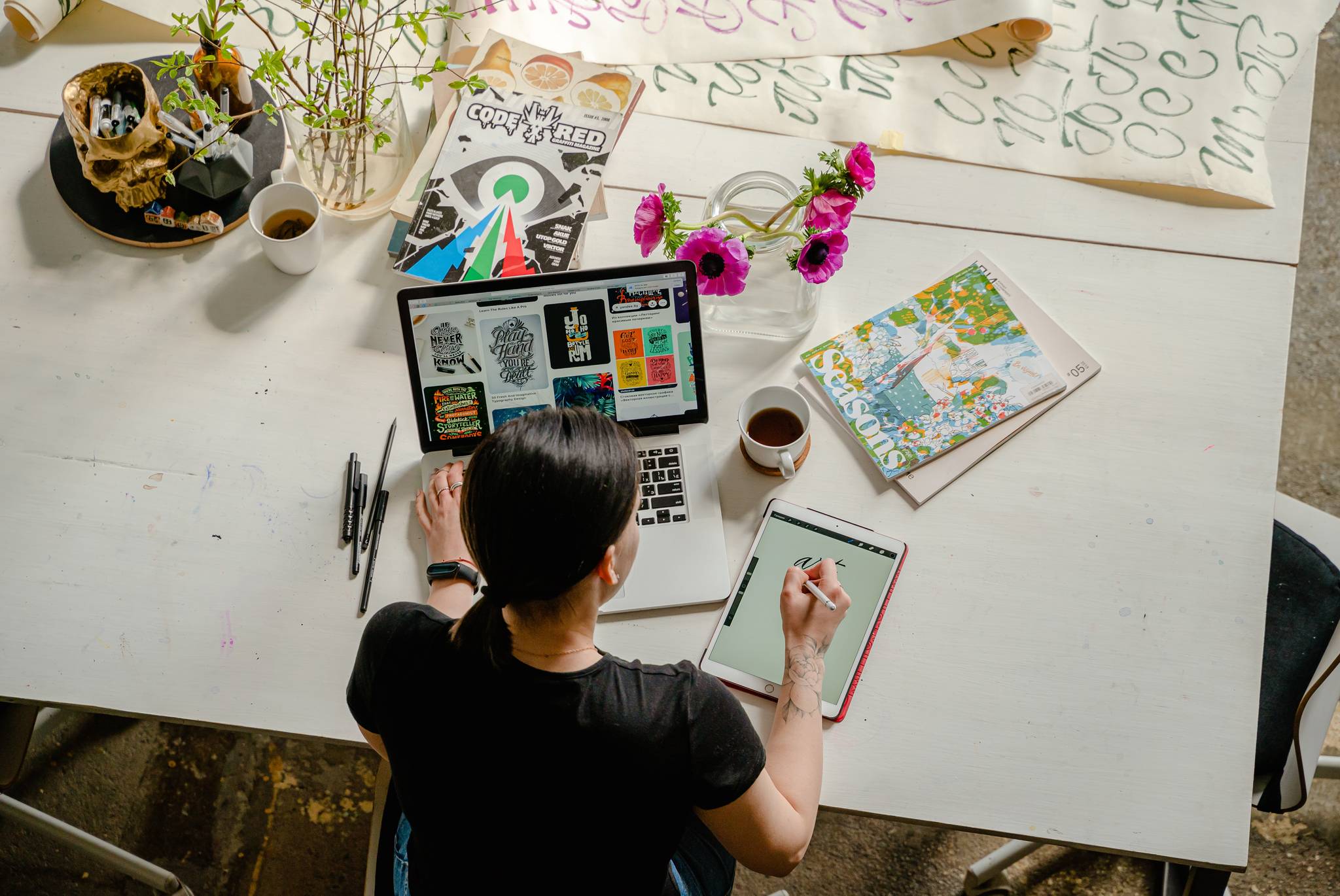
Tools like Zoom which were once championed as digital work heroes now feel like extra work in and of themselves. Finding a balance between gadgets and peace is the real quest as employees seek that digital sweet spot, but are tech tools optimising people's working lives or hindering them?
It's hard to recall a time when days weren't punctuated by Zoom dings or Slack notifications. Once hailed as saviours of productivity, work-related, have created a new set of challenges in the modern workplace. The promised digital utopia seems a tad bit overwhelming, doesn't it?
Peak pandemic a new wave of work tools burst onto the scene to make remote work feasible, revolutionising the way many employees operate. However, as with anything, there's a fine line to tread.
The very platforms designed to streamline work tasks have, ironically, become a considerable chunk of tasks themselves. For employees it's not just about managing work anymore; it's about managing the management tools and so on and so on.
Beyond the evident productivity concerns lies a deeper, more profound impact. It's the emotional and mental strain of constantly juggling these platforms that contributes to worker burnout.
Every ping and every unread notification compounds a growing sense of work anxiety. Are people truly being productive or do they just seem busy?
In the backdrop of this tech-laden professional ecosystem, there's a larger cultural wave that can't be ignored: the growing ‘antiwork’ sentiment. For those on the fringes of internet subcultures, it's becoming a central conversation, especially among young people.
Rooted in years of stagnating wages, noxious work cultures, and the draining cycle of seemingly pointless jobs, there’s an amplified call to reconsider people's relationship with work itself as almost half of Gen Zers feel stressed and anxious at work most of the time
Enter AI technologies and productivity tools which are supposed to make things a little easier. On the surface, these tools should automate mundane and repetitive tasks.
But the reality? It’s a bit murkier.
Instead of using AI to alleviate the workforce, many corporations have been accused of deploying it to intensify micromanagement. The dream of stress-free tech turns nightmarish when every digital step is monitored, every task logged, and every minute accounted for.
Professionals are craving simplicity and human-centric workspaces. They're not just battling digital exhaustion; they're contending with systems that seem more intent on monitoring them than on magnifying their potential.
While multitasking across multiple platforms may seem efficient, people want spaces where technology complements human effort rather than complicating it. They’re fed up with productivity culture and over-optimising things.
But what does this mean for the future of work?
Technology should be an employee enabler and not the end goal. The next phase of successful work tools will prioritise the human experience, ensuring technology serves people rather than overwhelming them.
It's not about abandoning tech and optimisation tools altogether, it's about using them in smarter ways and more consciously. In this digital tightrope employees continue to walk, balance is key.



